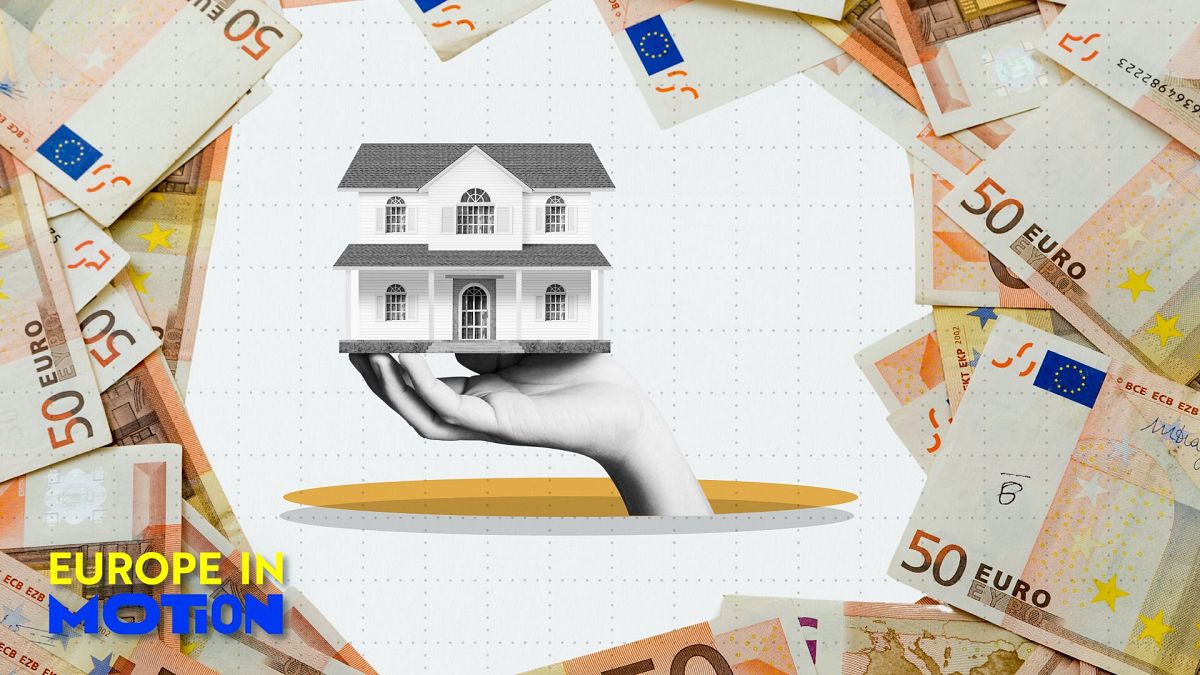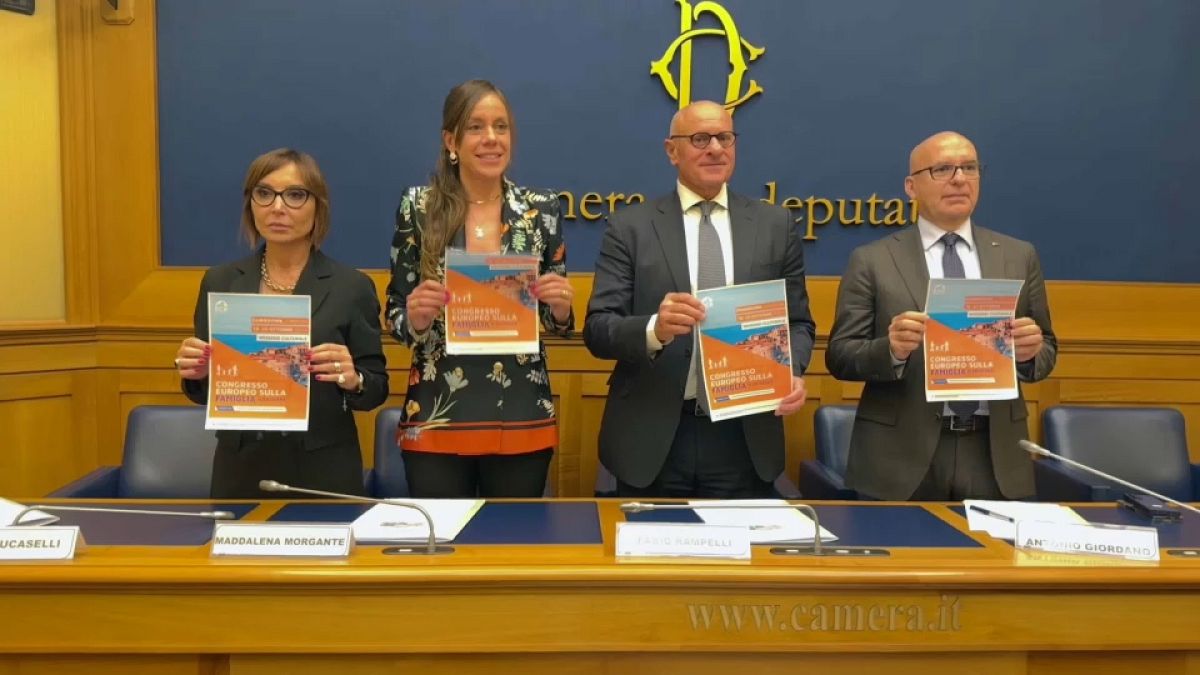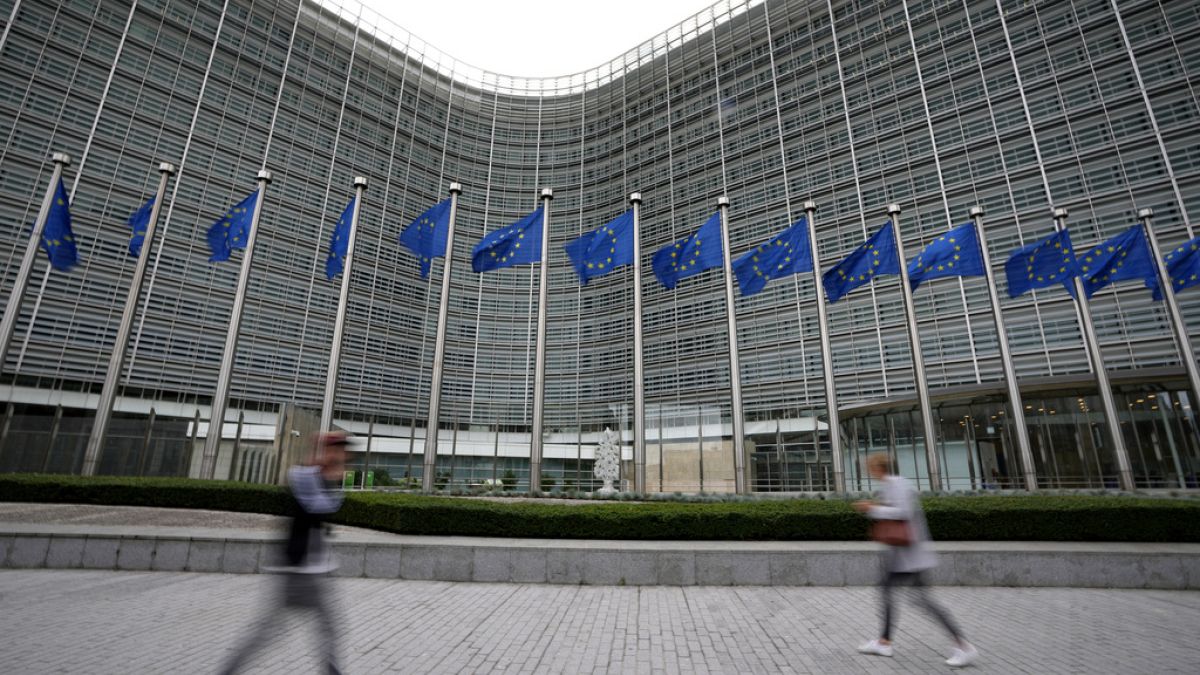The latest Eurostat data shows a steep rise in house prices in some eastern European countries, as well as a general growth across the bloc of 2.9%.
House prices across the EU keep rising, with several countries in the former Soviet Union leading the pack.
Since the second quarter of 2023, the five countries with the biggest increases are Poland (+17.7%), Bulgaria (+15.1%), Lithuania (+10.4%), Croatia (+10.0%) and Hungary (+9.8%).
Across the EU as a whole, house prices rose 2.9%.
There are also a few places where buying has become less expensive, compared to the year before, such as Luxembourg (-8.3%), Finland (-4.8%) France (-4.6%) and Germany (-2.6%).
Like house prices, rents are on the rise too, with an extra 3% compared to last year’s second quarter, EU-wide.
But there’s a difference in the trends that renters and buyers are faced with. While the cost of renting has experienced slow and steady growth over the past decade and a half, the cost of buying has gone up by more than 50% since 2014.
A case study in Poland
As one of the EU’s fastest-growing members since it joined the bloc in 2004, Poland has seen many of these trends play out particularly vividly.
“House prices in Poland have more than doubled since 2013,” Marcin Kręglewski, a real estate specialist at Warsaw law firm Dudkowiak Kopeć & Putyra, tells Euronews, explaining that wages in the country’s business sector have more than doubled in that time.
“Another factor is the continued high demand for apartments or single-family houses. The demand for new houses or dwellings is between 1 and 2 million units. Also, in recent years, Poland has seen a significant influx of foreigners. Currently, the number of those working here legally exceeds 1.1 million.
“There’s also been a significant increase in construction costs, 90% between 2016 and 2023. This is largely due to increased labour costs and energy prices, availability of construction materials, and disruption in the supply chain after COVID-19 and the war in Ukraine.
“Then there is the declining availability of land for housing projects, especially in the largest metropolitan areas. And financing the construction of real estate development projects generates a noticeable cost for the developer.”
For more information about this, watch the Euronews video in the player above.
Video editor • Mert Can Yilmaz













